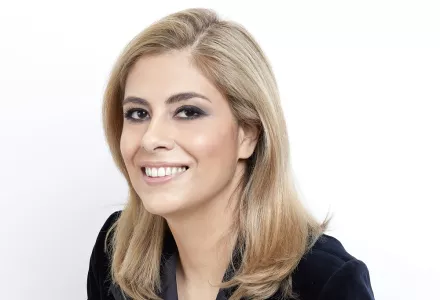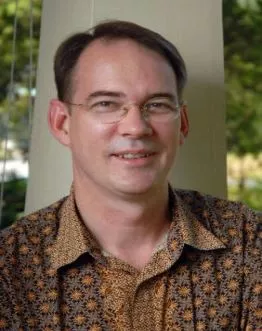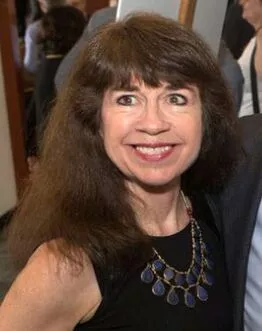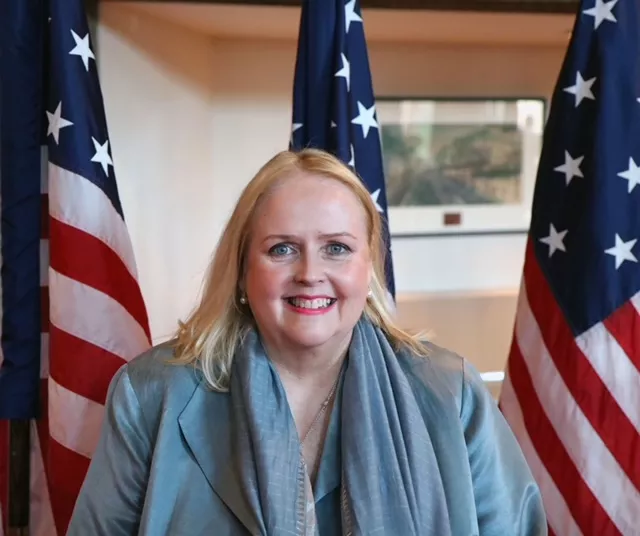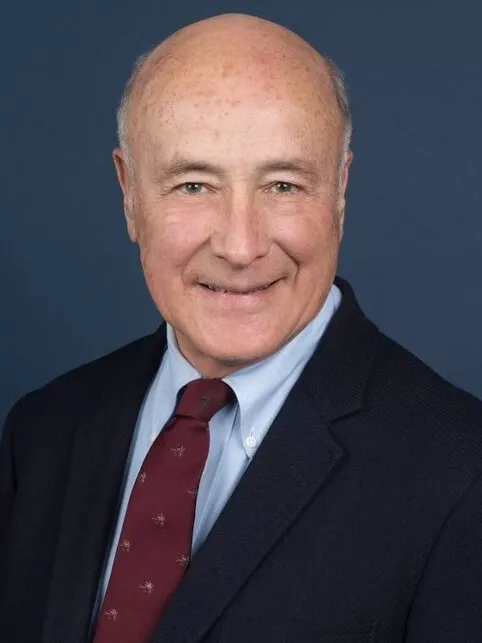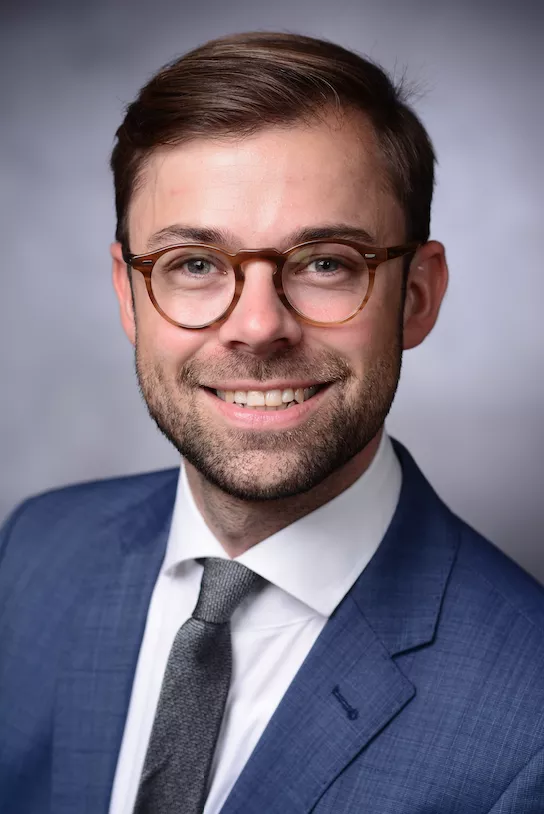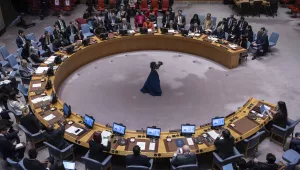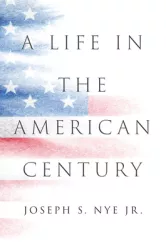Soft Power & Cultural Diplomacy Study Group
The Soft Power & Cultural Diplomacy Study Group is designed for anyone interested in learning more about these two topics in addressing U.S. foreign relations. Over the course of four sessions, participants will become familiar with the history of U.S. cultural diplomacy and will better understand how the power of the arts has repeatedly been deployed by the U.S. government to help achieve foreign policy objectives. The group will analyze historical examples and hear from current practitioners. Furthermore, the group will be asked to envision future uses of cultural diplomacy as a tactic for addressing current foreign policy challenges.
Key Learning Outcomes:
Participants will:
Gain an understanding of cultural diplomacy and its relevance to the government and artistic sector. Learn about important U.S. cultural diplomacy initiatives and analyze their outcomes. Explore the use of cultural diplomacy as a tool to further U.S. foreign policy objectives Assess present-day foreign affairs and national security challenges in a cultural context, and consider how cultural diplomacy can play a role in seeking resolutions. Discuss why cultural diplomacy is not always successful and what can be done to prevent this from happening.Study Group Facilitators:
Carla Dirlikov Canales, United States Department of State Cultural Envoy, Harvard Advanced Leadership Initiative Fellow (carla_dirlikovcanales@harvard.edu) Erika Manouselis, Project Coordinator, Future of Diplomacy Project (Erika_manouselis@hks.harvard.edu)
